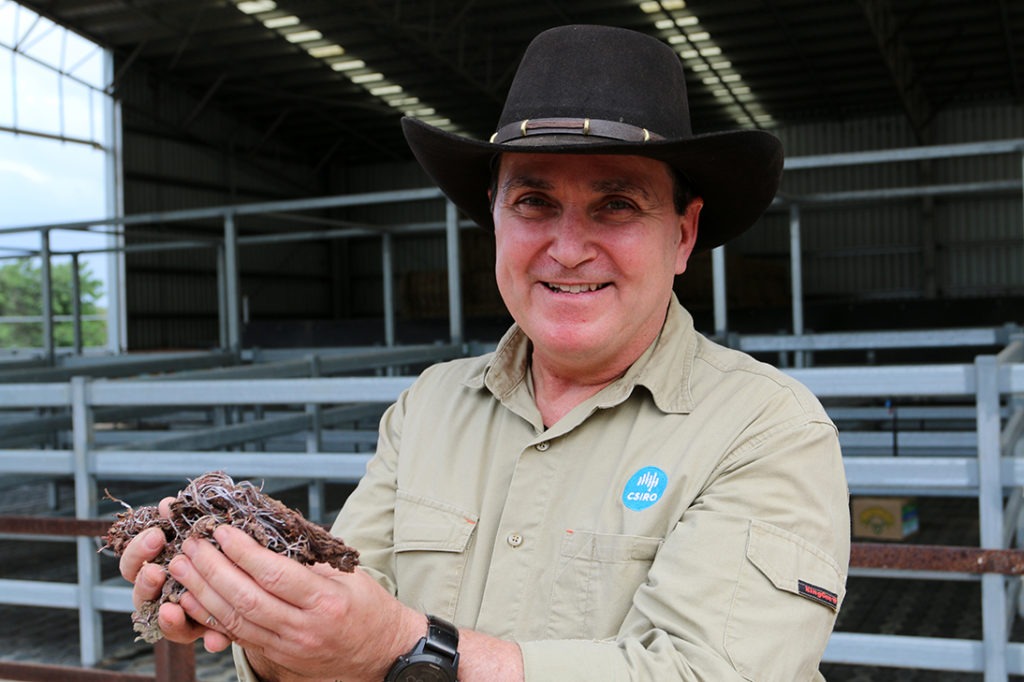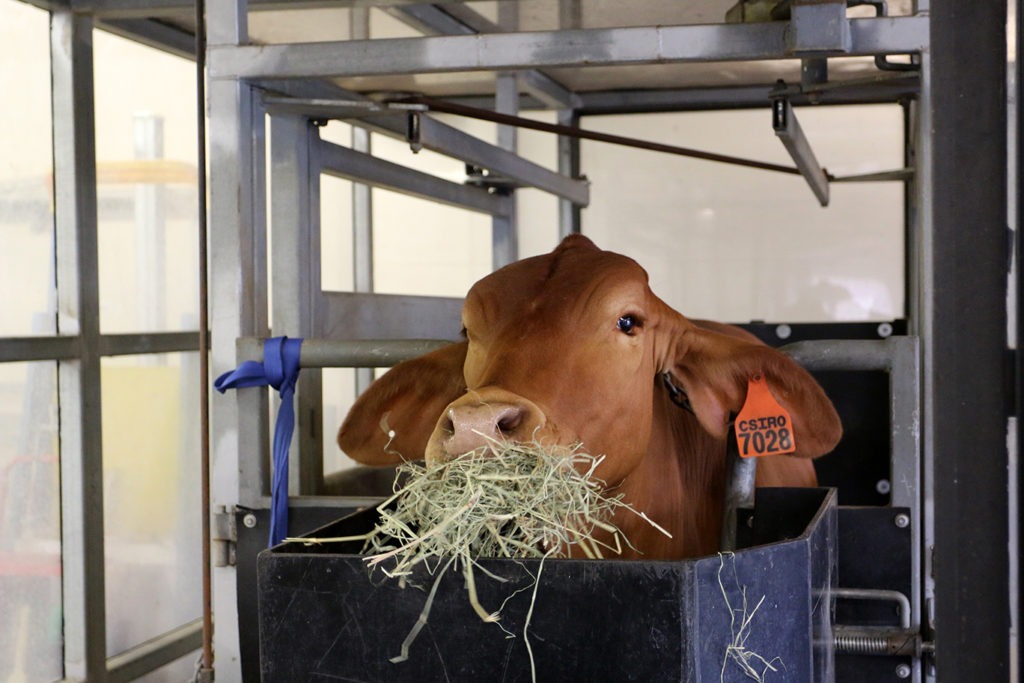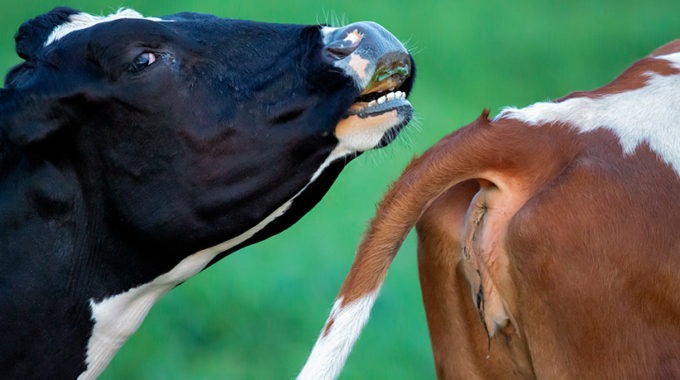FutureFeed: game-changer for the planet
Australia’s national science agency, the CSIRO, has announced the formation of a new company to take a methane-busting seaweed to market, with $13 million secured from five investors. FutureFeed Pty Ltd will commercialise a livestock feed additive made from the seaweed Asparagopsis. Research trials in Australia and the US have shown this to reduce methane emissions in beef and dairy cattle by more than 80 percent. AGP Sustainable Real Assets, Sparklabs Cultiv8, GrainCorp, Harvest Road, Woolworths and the CSIRO have all committed to investing in the company.

Good for farmers and the planet
Minister for Industry, Science and Technology Karen Andrews says it’s great to see Australian companies getting behind an Aussie innovation with immense global potential.
“This is a game-changer,” she says. “Not only for livestock production but also for our environment. It has the potential to create an entirely new industry while supporting jobs in the Australian agriculture sector. This is an example of what can be achieved when industry and researchers work together to solve real-world problems.”
The newly established FutureFeed company will develop a full value chain for the livestock feed supplement. This will involve everything from seaweed cultivation and production to processing and feed manufacture. The aim is to supply beef and dairy industries globally.
The company expects to see commercial volumes of the feed additive supplied into the Australian beef and dairy market by mid-2021. International markets will follow.
When Asparagopsis is fed as a supplement to cattle, it not only reduces methane emissions; it also supports productivity. The CSIRO developed the supplement over more than five years in collaboration with Meat & Livestock Australia and James Cook University.

Megatonnes of difference
CSIRO Chief Executive Dr Larry Marshall says FutureFeed is science solving the seemingly unsolvable. Reducing the emissions but not the profits.
“FutureFeed enables agriculture and the environment to be partners, not competitors,” he says. “It also helps overcome negative perceptions of the cattle industry. It also gives Australian farmers an advantage in the global marketplace as first adopters.
“FutureFeed is addressing some of the greatest challenges we face. This includes food security, sustainable production and climate change.”
Researchers at CSIRO estimate that if 10 percent of beef feedlots and dairy industries adopted the feed additive, greenhouse gas emissions from the livestock industry would decrease by approximately 120 megatonnes per year. This is equivalent to taking 50 million cars off the road for a year. To find out more about FutureFeed, head to the website.









